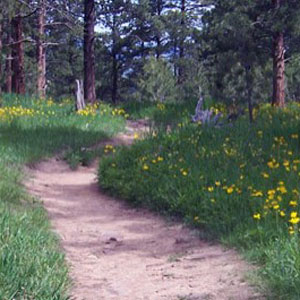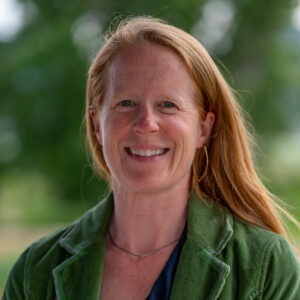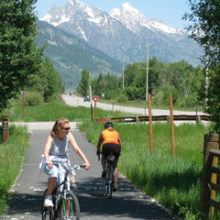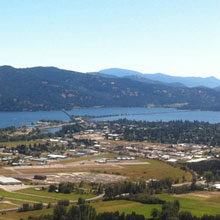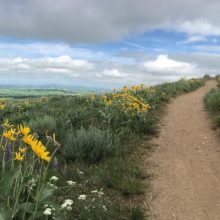Increasingly communities are recognizing that trails have value that extends far beyond recreation and public health.
To help local leaders, elected officials, trail users, and others better understand the benefits of trails, Headwaters Economics has updated its Trails Library with additional research on the impacts of trails, searchable by type of benefit, use, year, and region.
The goal of the Library is to help community leaders, elected officials, trail users, and others find existing research conducted in similar communities for similar trail projects, and provide credible answers to questions regarding the benefits they can anticipate from new trails.
Trails can bring a wide range of benefits to communities, including increased business, enhanced quality of life, higher property values, and improved public health.
These and other potential benefits from trails can help to justify investment in a trail project and determine whether a project meets community priorities.
Related trails research is linked to directly in the Resources box on the right side of this blog.
For the Trails Library, the 105 studies–each summarized in a two-page template–include high-quality research from across the U.S., mostly in smaller cities and rural areas.
The Library includes some of the earliest research on trails as well as the most recent. It also provides a detailed explanation of the types of benefits and methods used to calculate them.
Summary: Trails and Communities
- Trails can generate business impacts and create new jobs by attracting visitors, especially overnight visitors.
- Local trail users often use community trails multiple times per week, and trails are a valuable part of residents’ quality of life.
- Trails are often associated with higher property value, especially when a trail is designed to provide neighborhood access and maintain residents’ privacy.
- Trails are associated with increased physical activity and improved public health, especially in rural places without other safe places to exercise.
